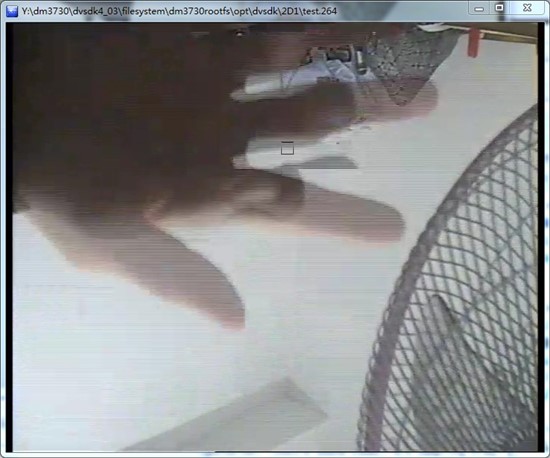Need an answer for a customer (see below). Thanks;
We are using the Texas Instruments DM3730 System on Chip (SoC) and the TPS65930 Power Management Integrated Circuit (PMIC).
Our current system clock in set to 38.4MHz and we have some offending harmonics from this in the GPS L1 band (1575.42 MHz). The harmonic we are seeing is at 1574.4MHz which is the 41st harmonic.
We were looking at possibly using a different system clock frequency but found that this selection may not be possible. Specifically there are comments and app notes which identify problems with particular frequencies.
The TI Silicon Errata revised on May 2011 indicates that 12 MHz, 13 MHz, and 19.2 MHz could have issues waking up from off mode when initializing the DDR interface. Only 26 MHz and 38.4 MHz are indicated as supported.
The TI Silicon Errata revised on January 2012 indicates that both 13 MHz and 26 MHz could have long term frequency drift on HSUSBx_CLK which could cause an external USB PHY to create occasional out of spec transmit signal rate on USB bus.
This leaves us with only 38.4 MHz as an available option. Are these issues still current or have some of these been resolved? I thought I had seen some other clock frequency issues listed in the e2e forum but cannot seem to find them now.
Thanks,

